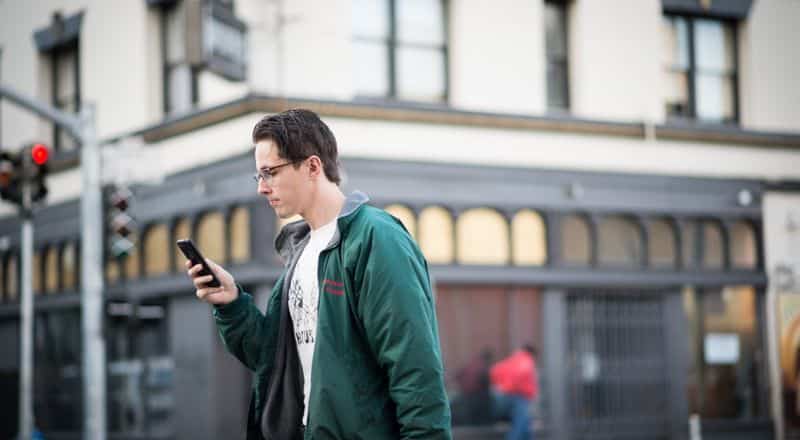Why trusted scientific information is needed during COVID-19
Criodán talks about the importance of science communication and listening to the experts around COVID-19

Early on as a science student, I realised that I had a passion and aptitude for science outreach and communication. I love engaging with the public about the world around us. People, especially children, asking how and why things work is so enjoyable and satisfying. Being able to help answer questions or show people why things are the way they are is what I enjoy filling my spare time with, which is why I’ve gotten involved with Cell Explorers and Kitchen Chemistry while in NUI Galway. Being able to work on my passion and help generate interest in others is so rewarding.
Getting people interested
Science communication and outreach is all about educating and raising awareness about scientific topics and engaging with the public as a way to raise awareness or create more interest in science. The most basic form could be a science lesson in school, however often these are not enough to really engage with people. A better way may be travelling to schools to engage in fun, live, practical experiments. People rarely get the chance to take part in a hands-on experiment. This sense of excitement, something new, trying on a lab-coat and being able to talk to real life scientists can really do wonders, not just for stimulating interest but also helping combat gender stereotypes and more.
Another amazing avenue is the likes of YouTube and videos on Twitter or Facebook. These can be short but packed full of interesting little bits of information and help you find the answers to the questions you have about the world around you.
Science information during the COVID-19 pandemic
During the COVID-19 pandemic, we have once again seen the positives and negatives of conventional, and social, media being used to communicate with the public (which I’ve talked about here in more detail.)
Some of the positives include our ability to get live information streams and questions from our chief medical officer and health minister. We can access and compare reports and medical studies from across the globe in an instant. There are even apps in development to help track COVID-19 transmissions. These tools showcase just how important technology is to us and how vital it for accessing information quickly.
Unfortunately, this ease of access to information has some unfortunate consequences. It can be picked up by people who are not qualified to analyse it. It can be shared, rapidly, across various forms of social media, fuelling conspiracies and misinformation. Journalists cherry pick juicy lines from studies all the time. A trivial example of bad journalism may be a study titled “Can grapes cause cancer?” and a tabloid using the headline “Grapes cause cancer.” I am aware this is an oversimplification but these are exactly the kind of antics going on at the moment I feel. Regularly, the statements published in newspapers are far from what was actually stated in the scientist’s initial report. I have come across many headlines and articles from papers which misrepresent the data and conclusion of a scientist’s research.
We see people without sufficient experience overestimate their ability in a subject area. Critical thinking is so important at a time like this. However, at times you also have to admit you’re wrong. You have to admit that you are not the smartest person in the room and learn to be ok with that.
Misinformation about COVID-19
With the COVID-19 pandemic, we have seen a miscommunication of data, from misrepresentation of results, conspiracy theories and a revival of the old vaccine debate. Some of these have come from elected representatives, journalists, and celebrities. This is why it is scientists who should be approached for input. It is scientists that should be on the television to talk about these issues. We give too much time and too large a platform to people with no scientific background just because of their following. This is wrong and can be hugely damaging for people trying to get information and follow the correct advice.
Question what you see
Curiosity is the mother of invention in science, and we should always encourage it. Ask questions, do not take for granted what you read or see first. But also admit when you don’t know something. Approach things with an open mind. Ask someone who has more experience than you for help or advice. It’s ok not to understand everything but it’s not ok to not try and find out. It can be difficult, but you can trust in most science. Planes fly, we can build skyscrapers, live longer, and eradicate diseases. Science doesn’t care about your opinion or politics, and that is why it is most important we always question it.






